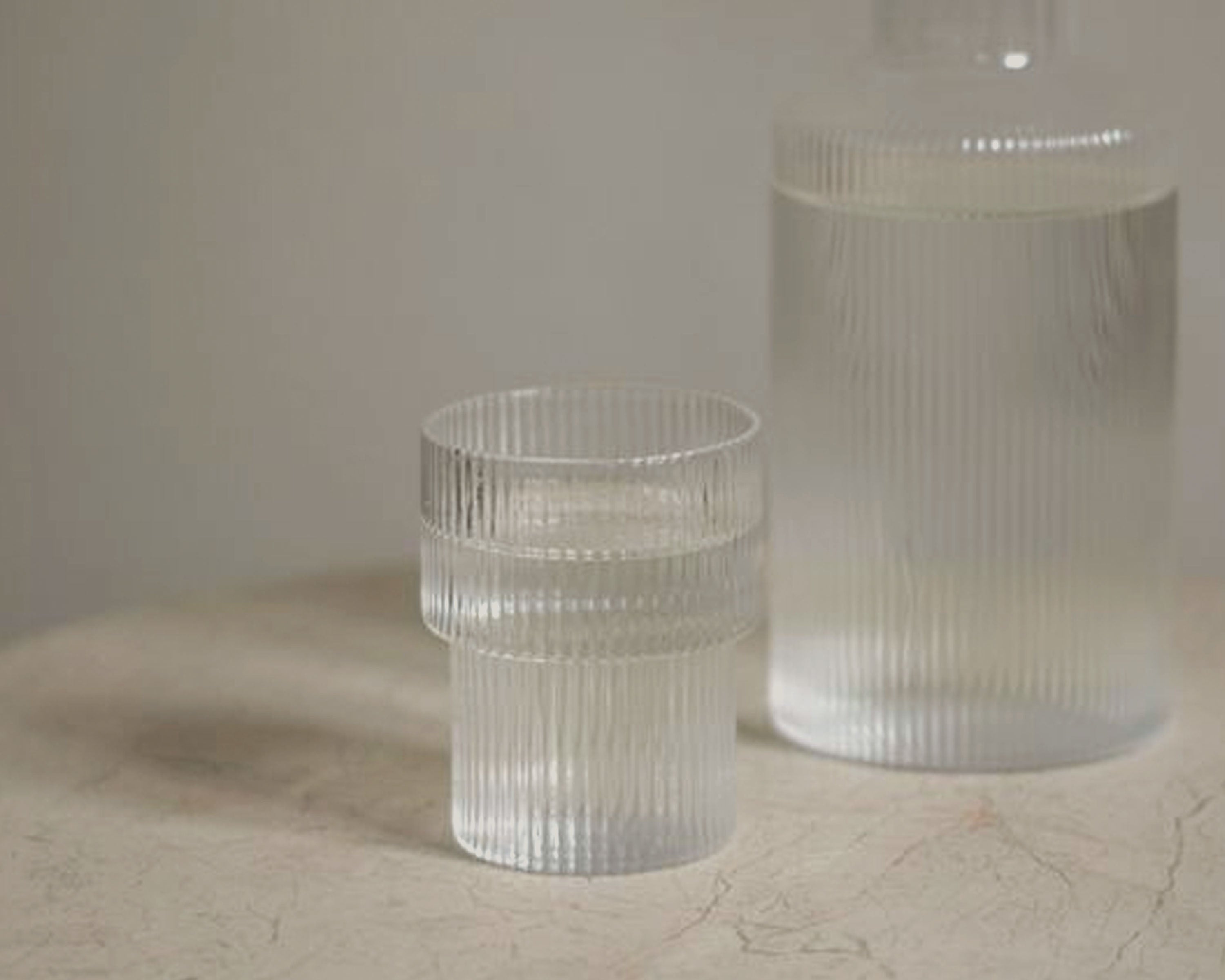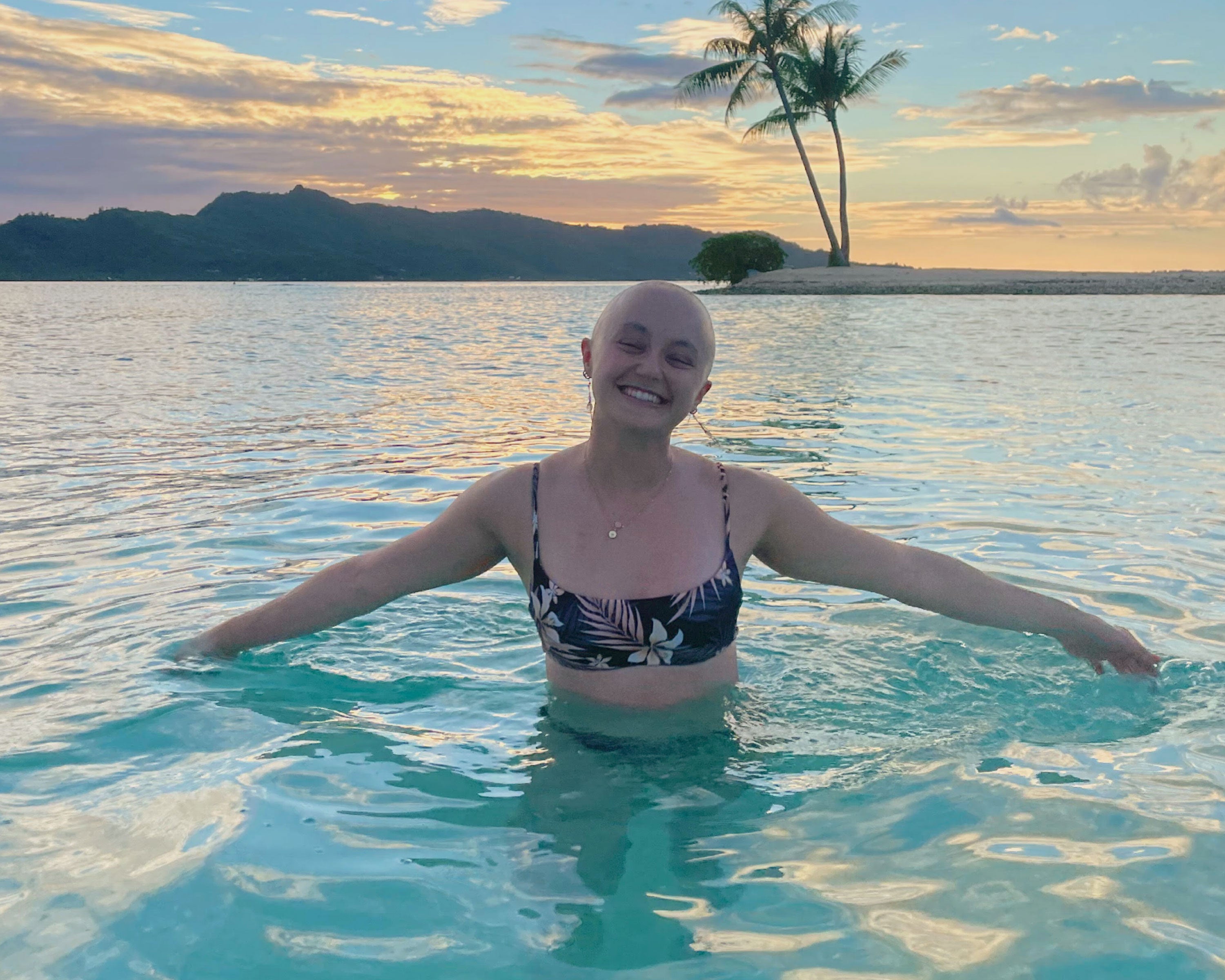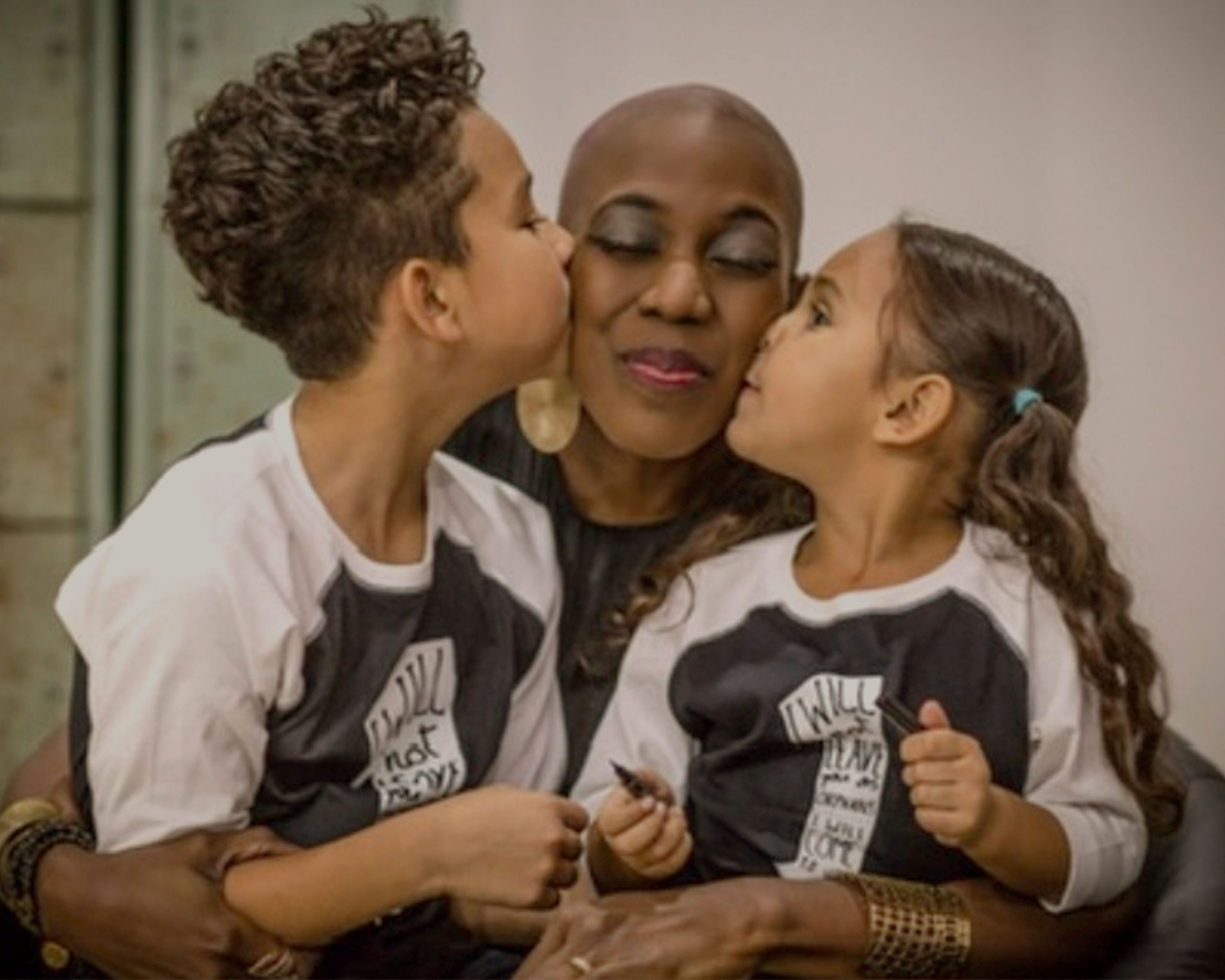One thing I had no idea about until I was diagnosed with breast cancer is that people can take really fanatical approaches to their diet when they have cancer. So many people said things to me like, “Oh, you should definitely become vegan. Don't ever eat a sugary doughnut!”
During treatment, it wasn’t so practical to think about what I “should” eat — I had to focus on what I could eat and keep down. I was very thin to the point of it being scary, and I could only stomach the simplest things — plain bread or toast, milkshakes, that sort of thing. It’s a personal decision each patient has to make with their doctor, but when I hear people beating themselves up because they can’t stick to a plant-based or vegan diet during treatment, I want to say to them, “Worry about that after your treatment is over!”
I made decisions based on what would make it easiest to get the chemo through my body. For instance, before each infusion, I went out and bought cases of water and forced myself to chug as much as I could. The side effects of chemo can cause you to become really dehydrated, but there was an added mental element for me: the more water I drank, the more I could visualize the chemo leaving my system. It may sound silly, but it helped! Some people have told me they can’t drink plain water during chemo because it makes them too nauseous or it tastes awful — I tell them to try throwing a lemon-flavored mix into it. A little bit of flavor makes a big difference.
I met with a couple of onco-nutritionists at the two different hospitals where I was being treated, and interestingly, even the professionals had different opinions on how I should eat. While they both agreed that consuming a nutrient-dense diet could help keep my body and immune system as healthy as possible, there were differences in how “strict” they advised me to be. While one nutritionist told me not to drink “even a sip of alcohol." The other said, “Look, if it’s your birthday and you want to have 1.5 ounces of champagne, don't sweat it.”
What I learned through the process of receiving conflicting advice is that cancer-related nutrition is an area that’s still evolving. Yes, we have some research, and know more today than we did 20 years ago, but there’s still a lot we don’t know. So I listened to everyone’s suggestions and then had to decide what was best for me and what I was willing to do.
For five months during my treatment, I gave up alcohol. I learned that chemo drugs are metabolized by the same enzymes in the liver as alcohol, and I told myself I didn’t want any “competition” in the liver. So mocktails it was! I also decided to give up coffee, which was definitely hard, but knowing that it could contribute to my dehydration, I decided to give it up. And anytime I ate out, I made sure fruits or vegetables didn’t make their way onto my plate. I’m sure this was pretty annoying for the friends who had to watch me order, and my doctors certainly didn’t advise that I take things that far. But I felt better about consuming organic produce and potentially exposing myself to fewer toxic chemicals, so I only ate fruits and veggies at home.
There might not be a diet “cure” but my motto was that if it couldn’t hurt, and I could stomach it, I would try it. I read somewhere that eating extra protein after chemotherapy or surgery could help heal tissues and make bones strong. I’m typically not a meat-eater, but from then on, I was inhaling chicken. Plus, if there was even a small chance that eating protein could help my hair grow back after chemo, it was worth a shot. Focusing on what I put in my body was a way to feel some small sense of control in this uncontrollable cancer world.
This article is for informational purposes only and is not a substitute for medical advice, diagnosis, or treatment. Please keep in mind every individual’s situation is different, and you should not take any actions concerning your body and well-being before consulting with a healthcare professional.
Let your loved ones know what you actually need
Easily add items from the Alula shop to your registry, and share it with friends and family who ask.



